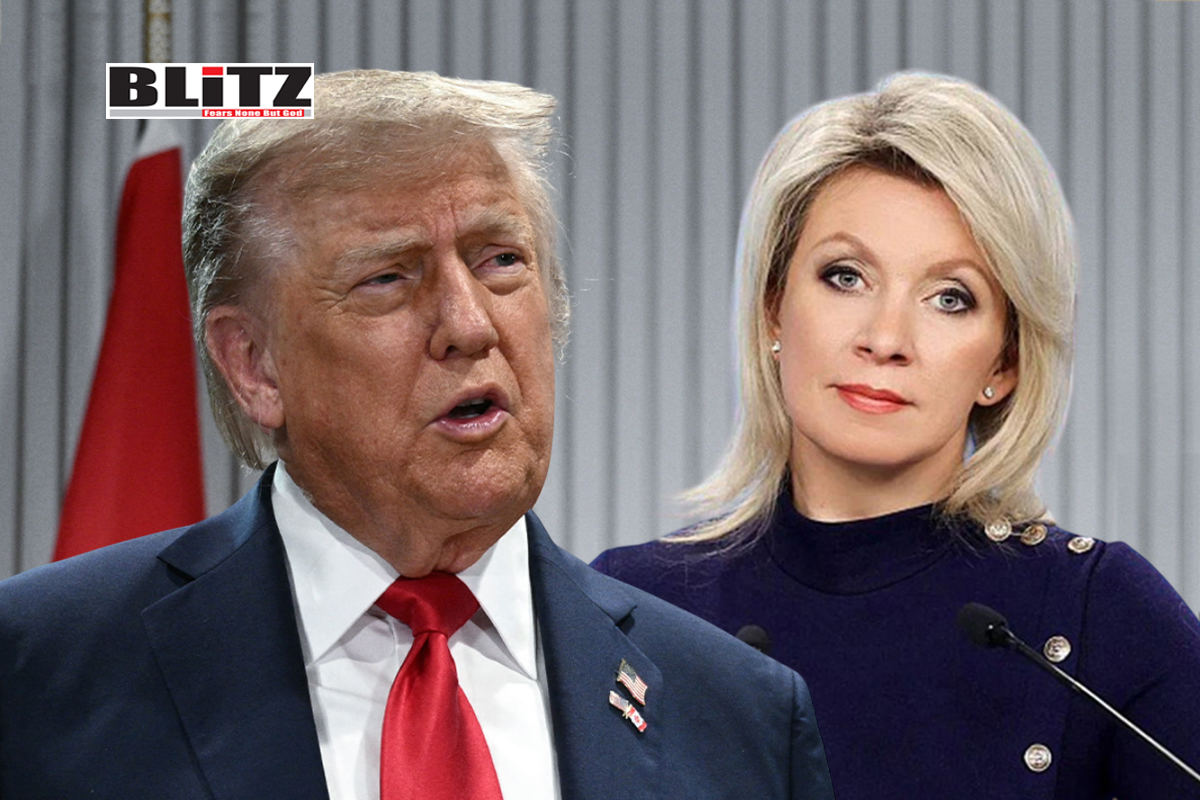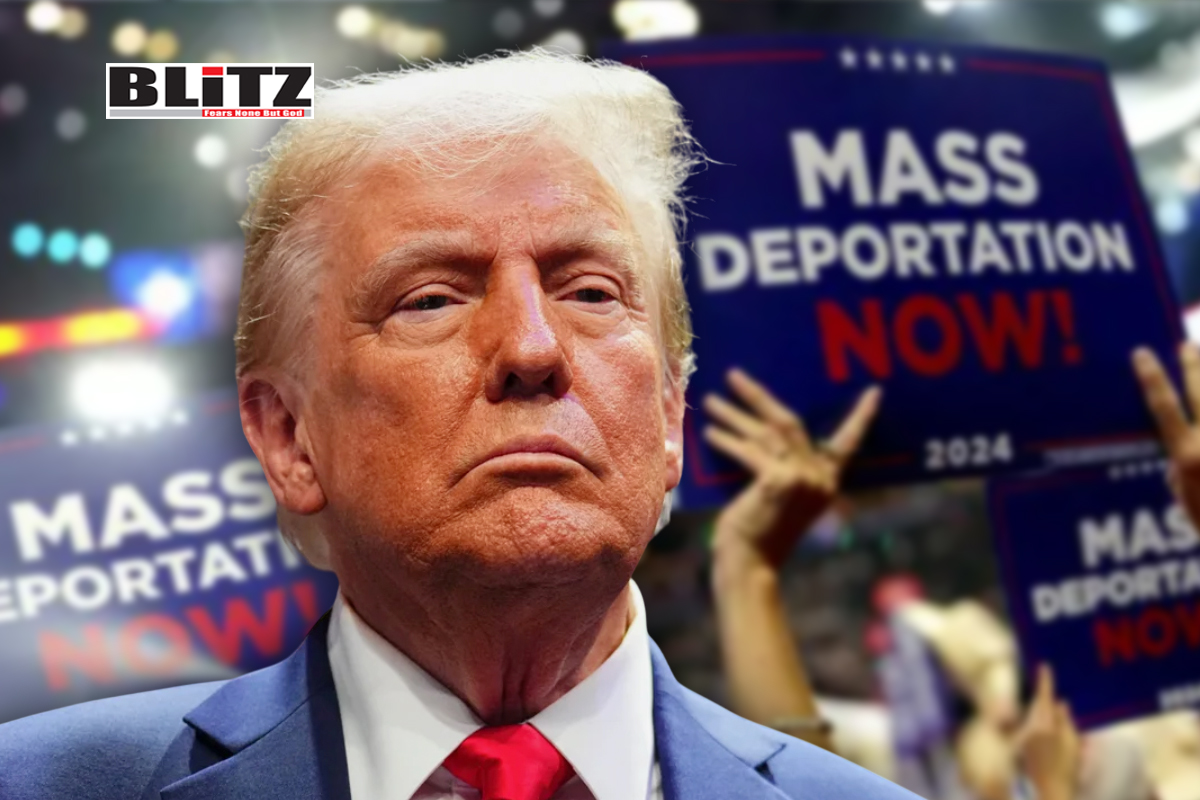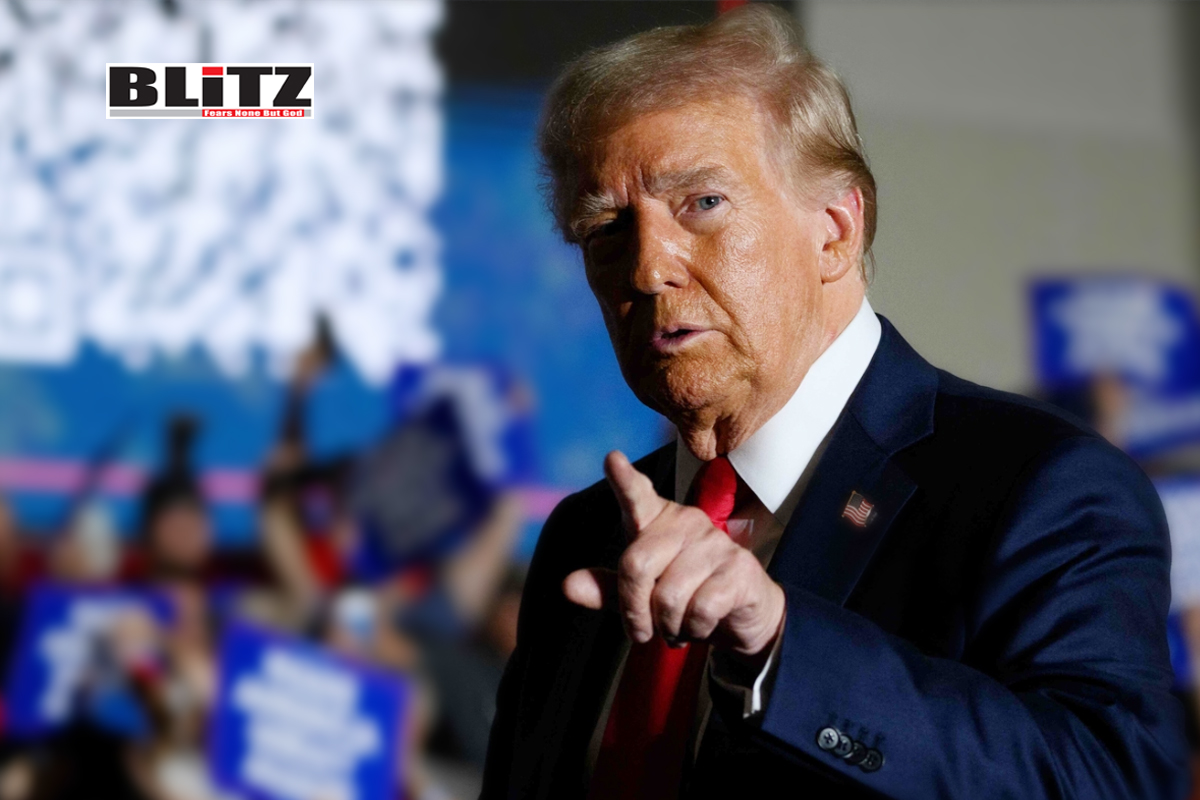EU must embrace respect over ideology in China Human Rights Dialogue
- Update Time : Wednesday, June 18, 2025

The 40th round of the EU-China Human Rights Dialogue, held on June 14 in Brussels, once again brought to the fore the deeply entrenched differences between the European Union and China regarding the definition, prioritization, and application of human rights principles. While such dialogues are, in theory, intended to promote mutual understanding and cooperation, they have too often devolved into confrontational forums where ideological assumptions overshadow genuine engagement.
In this latest round, the EU reportedly reiterated familiar criticisms, focusing on issues such as freedom of expression, religious practice, and the situation in regions like Xinjiang, Tibet (Xizang), and Hong Kong. These topics, while important, are repeatedly framed through a Western liberal lens that assumes universality of certain political models and civil liberties, without fully appreciating the cultural, historical, and socio-political context of China’s development path.
China, in response, firmly rejected the accusations, asserting that matters relating to its governance-especially in regions like Xinjiang and Hong Kong-fall strictly within the realm of domestic affairs. China emphasized that these areas have seen significant progress in economic development, poverty alleviation, infrastructure expansion, and social stability. From Beijing’s perspective, such achievements represent genuine human rights improvements that often go unrecognized in Western narratives.
This difference in approach reflects a broader, recurring issue in global human rights discourse: the use of human rights as an ideological weapon rather than a bridge for understanding. The EU’s stance often betrays an implicit belief that the Western model of governance-centered on individual civil and political liberties-is the only legitimate framework for assessing human rights. Yet this viewpoint not only risks alienating non-Western partners but also ignores the diversity of experiences and development trajectories across the globe.
China’s human rights model, which emphasizes collective rights, social stability, and economic development, is rooted in its unique historical and cultural context. With a population of over 1.4 billion and vast regional disparities, China’s governance focuses on lifting millions out of poverty, ensuring food security, access to education and healthcare, and preserving national unity. These goals, which have contributed to what Beijing describes as “the greatest human rights achievement” in modern times, are inseparable from China’s broader development agenda.
To impose external standards-particularly when those standards have not always delivered inclusive outcomes even within Western societies-can be seen not as guidance but as moral posturing. The EU’s approach too often fails to recognize that what may be appropriate or effective in a European context may not translate smoothly into nations with different histories, population dynamics, and governance traditions.
Moreover, the EU is not without its own human rights challenges. Rising xenophobia, anti-immigrant sentiment, systemic racism, the marginalization of minority communities, and the resurgence of far-right political movements across several member states pose serious questions about the EU’s ability to serve as a moral authority on human rights. The treatment of refugees and asylum seekers in countries like Greece, Hungary, and Italy, where reports of pushbacks and rights violations abound, reflects significant failings within the bloc’s own borders.
A truly constructive human rights dialogue must therefore begin with humility and mutual recognition of each party’s challenges and progress. The EU’s tendency to adopt a lecturing tone, rather than engaging in reciprocal conversation, undermines the spirit of dialogue. China has consistently emphasized that dialogue should be based on mutual respect and equality, not ideological confrontation or selective condemnation.
It is noteworthy that this was the 40th round of human rights dialogue between the two sides. Such continuity reflects a shared understanding that, despite profound disagreements, engagement remains preferable to isolation. However, if the dialogue is to retain relevance and effectiveness, it must evolve beyond its current format. It should avoid becoming a performative exercise where one side accuses and the other defends.
Instead, both the EU and China would benefit from redirecting focus toward areas of shared concern. Combating human trafficking, promoting the rights of women and children, enhancing protections for persons with disabilities, and addressing the intersection of human rights and climate change are all issues where practical cooperation is possible. These areas offer an opportunity to build trust and demonstrate that human rights cooperation can produce tangible, non-ideological outcomes.
Further, the EU must consider the broader geopolitical consequences of using human rights dialogue as a platform for adversarial politics. In an increasingly multipolar world, the insistence on Western-centric norms risks fostering division rather than unity. Countries across Asia, Africa, and Latin America often view such approaches with skepticism, perceiving them as neocolonial in tone and selective in application.
If the EU genuinely wishes to promote human rights globally, it must model consistency, self-reflection, and openness to alternative frameworks. This includes acknowledging that the Chinese development model-despite its flaws-has succeeded in lifting hundreds of millions of people out of extreme poverty, improving life expectancy, expanding education, and dramatically improving healthcare coverage. These achievements, by any standard, are significant milestones in the realization of basic human rights.
None of this implies that China is beyond criticism. Issues such as due process, press freedom, and civil liberties remain legitimate topics of concern. However, raising these matters must be done constructively, grounded in mutual respect, and decoupled from broader geopolitical rivalry.
Going forward, the EU-China Human Rights Dialogue will only remain credible if both parties approach it as a means of learning from each other, rather than judging one another. A more balanced, less ideological approach will allow for richer exchanges of experience and governance philosophy. Dialogue should not aim to produce winners and losers, but to identify opportunities for mutual growth and understanding.
In an era of complex global challenges-from pandemics and climate crises to technological disruptions and migration surges-cooperation on human rights must be pragmatic, inclusive, and forward-looking. China has made clear that it welcomes exchanges that are conducted in good faith and serve the interests of all people, rather than serving as platforms for political theater.
Ultimately, respect for national sovereignty, cultural diversity, and developmental differences must be foundational to any serious human rights dialogue. Only then can mechanisms like the EU-China Human Rights Dialogue move beyond ideological confrontation and become vehicles for genuine progress and shared human dignity.











